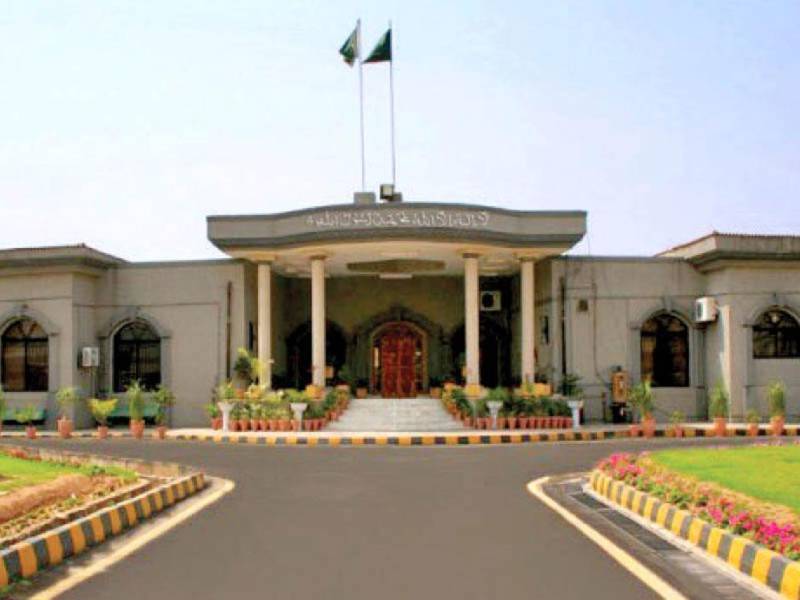CJ Athar says the commission has failed to achieve its target of missing persons recovery
ISLAMABAD - The Islamabad High Court (IHC) Thursday said that the Commission of Inquiry on Enforced Disappearances has not been able to effectively achieve its object of recovery of missing persons and termed it a “burden on exchequer.”
A single bench of IHC comprising Chief Justice of IHC Justice Athar Minallah conducted hearing of a petition seeking recovery of a missing person Zahid Amin.
The bench stated in its written order that the Commission was constituted almost a decade ago and its main responsibility was to recommend to the federal government proposals to bring an end to the impunity against “enforced disappearances”.
It added, “It has become obvious by now that it has not been able to effectively achieve its object. The Commission is a burden on the exchequer and it ought to justify its continued existence.”
Justice Athar maintained that the court, after perusal of the report, is, prima facie, of the opinion that the Commission has failed in its duty nor can it justify its existence in the circumstances. In the case in hand, the Commission was satisfied that it was a case of “enforced disappearance” and pursuant thereto it had issued a production order almost two years ago.
He further said, “The Commission is, therefore, directed to submit a report and explain why no action has been taken nor recommendations made to the federal government so as to hold those public functionaries accountable who have failed to comply with its production orders.”
During the hearing, the Registrar of the Commission of Inquiry on Enforced Disappearances submitted a report. The IHC said that perusal of the report shows that Zahid Amin has been untraceable since 2014.
The bench mentioned that the Commission had also directed the
The IHC Chief Justice noted, “It appears from the report that after issuance of the production order, the proceedings before the Commission have, prima facie, remained a mere formality. The petitioners are also aggrieved on account of the lack of response from the Commission.”
He added that the Court has repeatedly observed that when a citizen is no more traceable and the investigation leads to the conclusion that it is a case of “enforced disappearance”, then it becomes the obligation of the State to effectively trace the missing citizen in order to rebut the presumption of involvement of the State.
“It has been repeatedly observed that “enforced disappearance” is the most grave violation of fundamental rights guaranteed under the Constitution of Pakistan, 1973 and a crime that is intolerable,” said the IHC CJ.
He continued that when there is sufficient evidence to conclude that it is, prima facie, a case of “enforced disappearance” then it becomes an obligation of the State and all its organs to trace the disappeared citizen.
“Nothing has been placed on record to show that the Commission has even remotely made an attempt to hold public office holders accountable for failing to comply with the production orders,” said Justice Athar.
The IHC bench pointed out that in the case in hand, the production order was issued on 14-09-2020 but, regrettably, no meaningful and effective action has been taken against the public office holders who are responsible for its non compliance. Moreover, the Court cannot turn a blind eye to the repeated grievances of the loved ones of the missing persons regarding the treatment extended to them by the Commission.
“It has been consistently noted that the proceedings before the Commission are not of adversarial nature. The Commission has to demonstrably show utmost empathy towards the petitioners and all other loved ones of missing citizens. It is the duty of the Commission to reach out to them and through its conduct, assure them that the proceedings are not a mere formality nor an eyewash,” said the court.
It also said that the Commission is expected to inform the Court why meaningful and effective actions have not been taken nor recommendations made to the Federal Government to proceed against the public functionaries who have failed to comply with the production orders.
Later, the bench deferred the hearing in this matter till July 4 for further proceedings.






